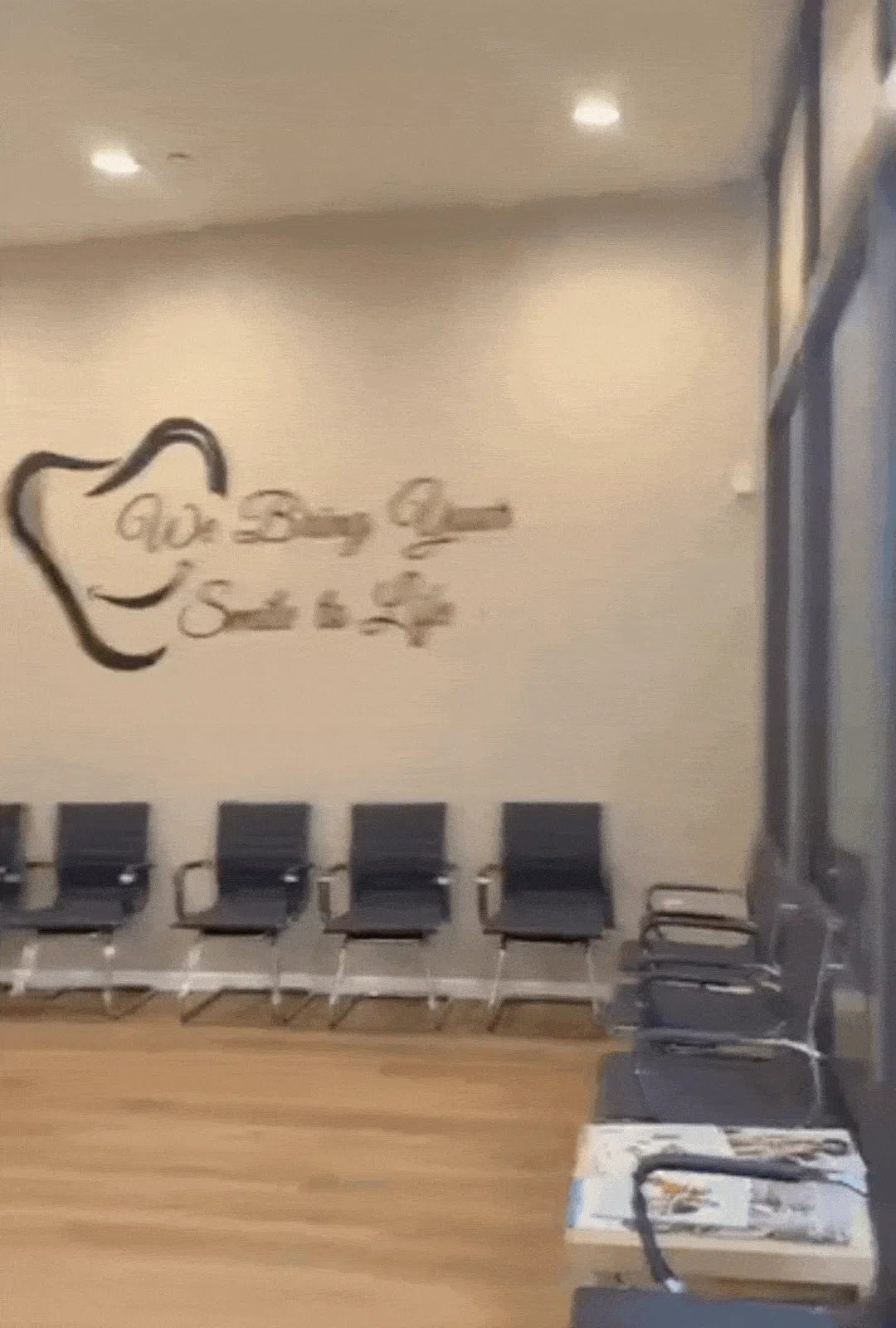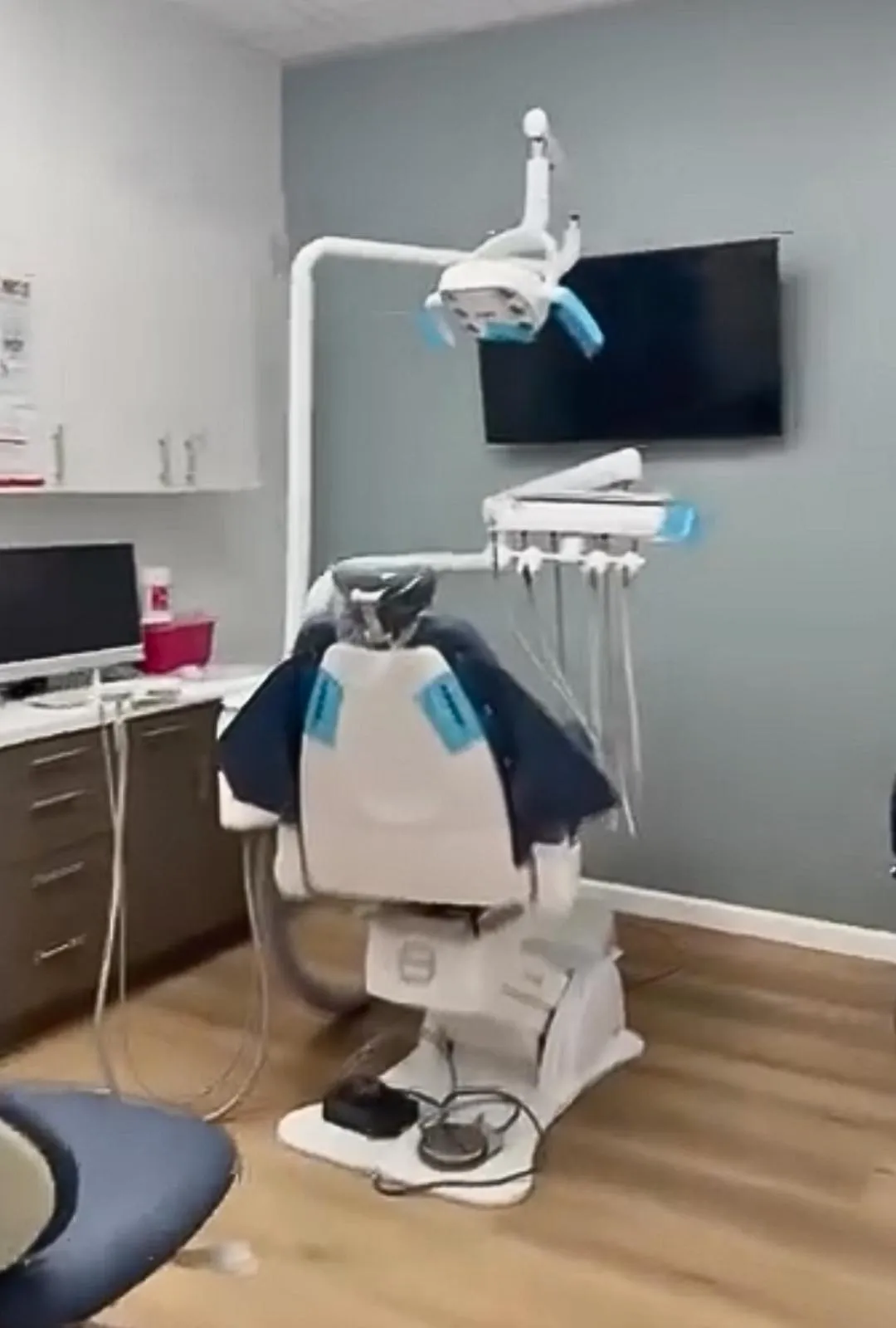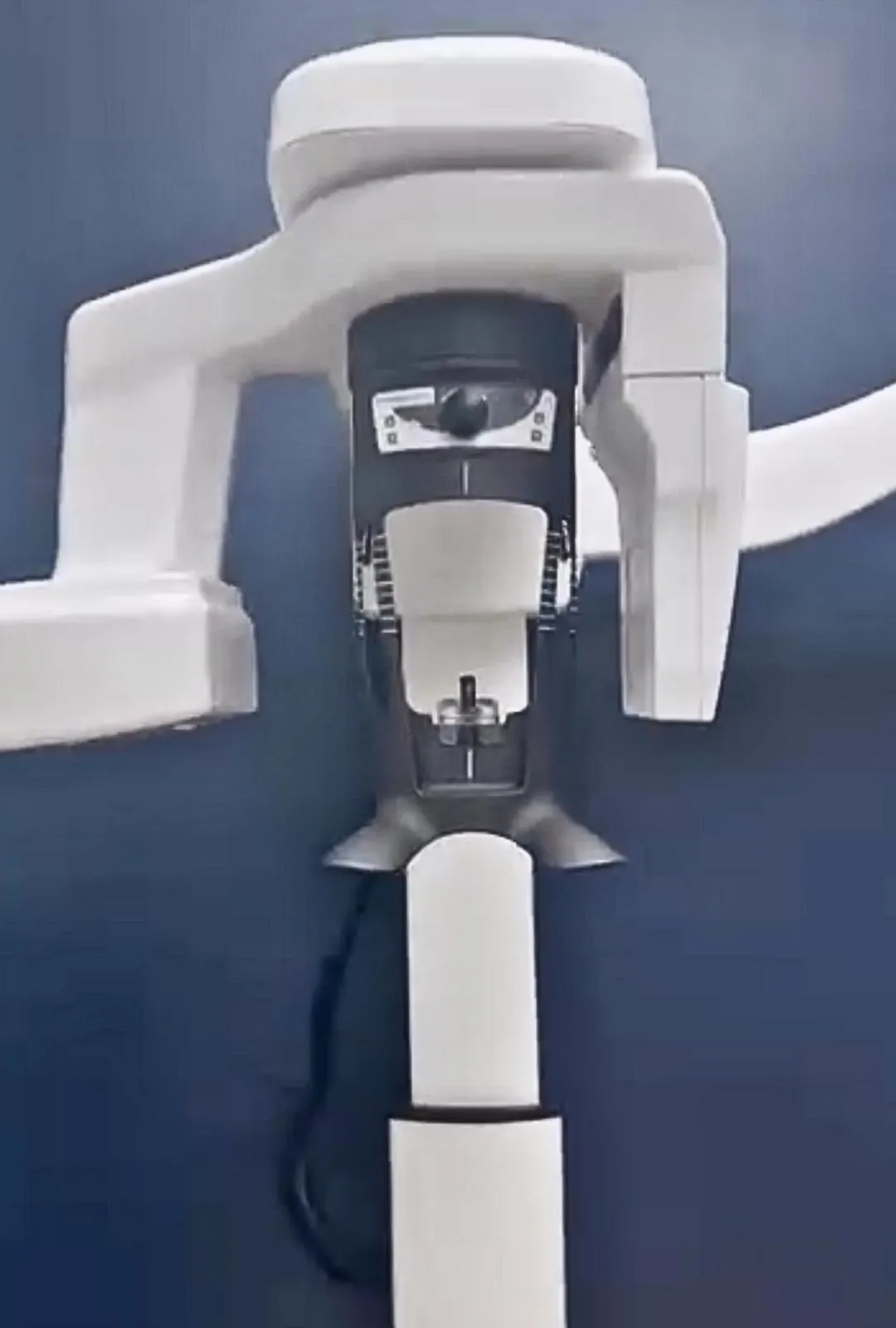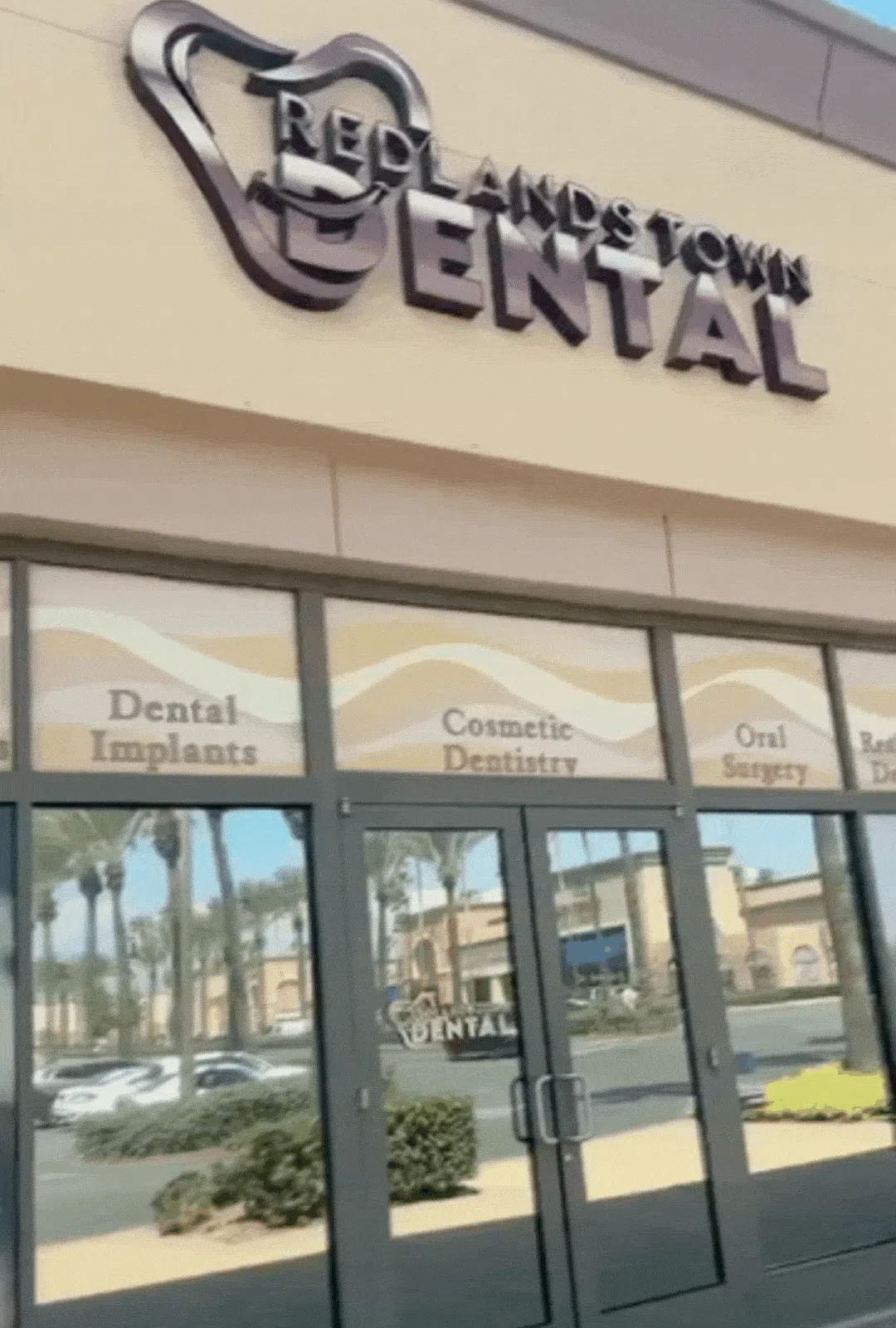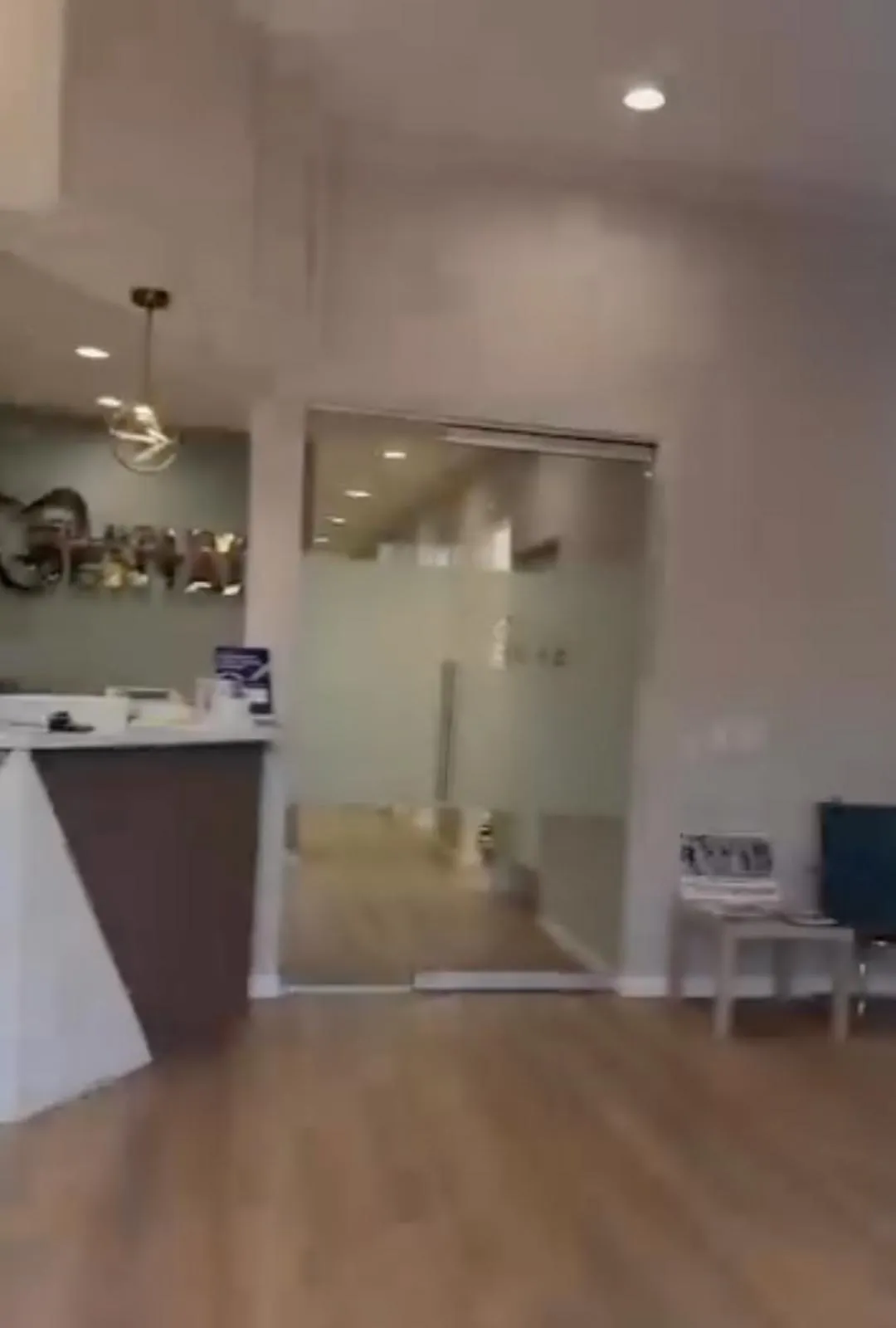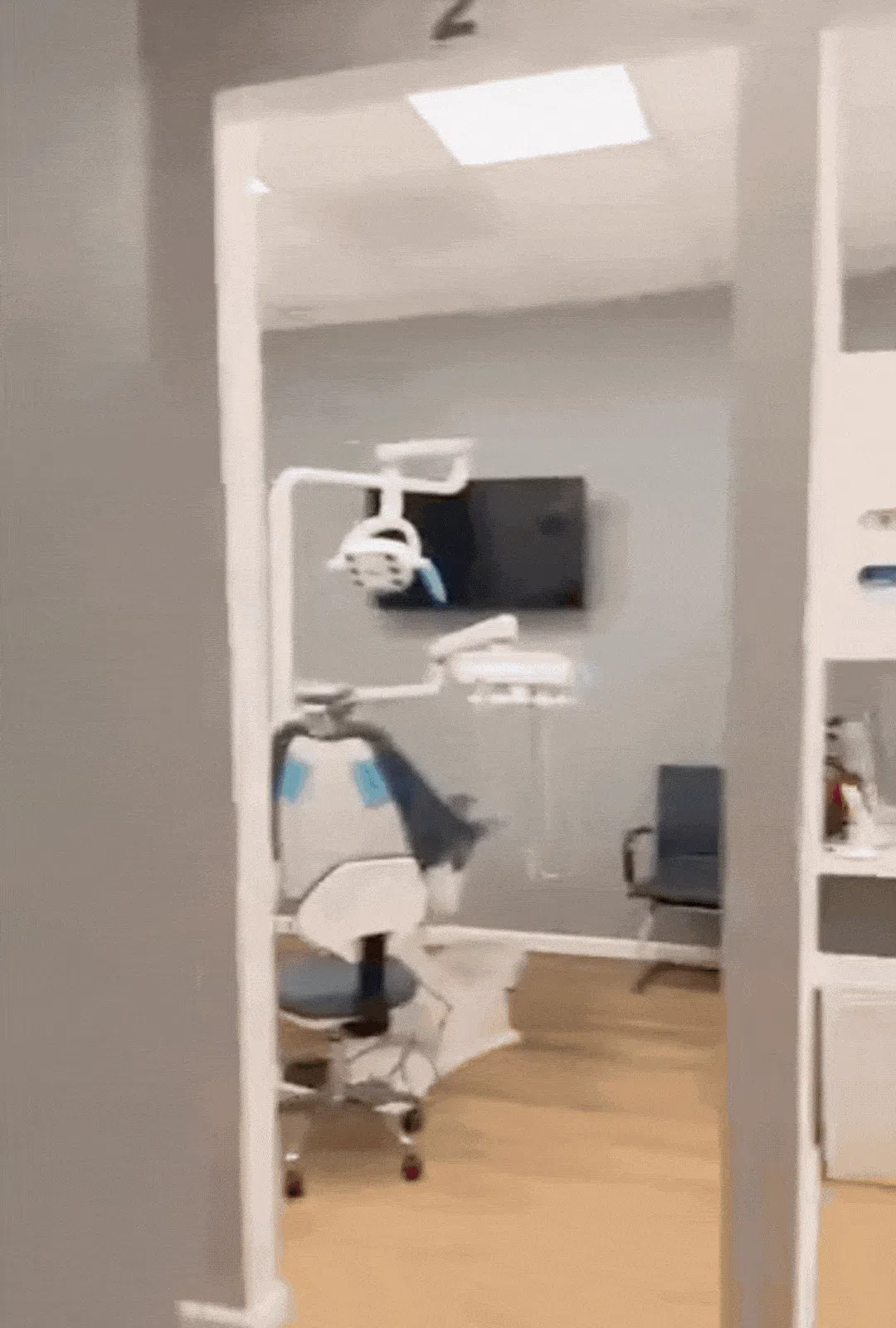
Latex Allergy and Dental Care: What You Need to Know
Latex Allergy and Dental Care: What You Need to Know
If you or someone in your family is sensitive to latex, it's important to let your dental team know before your appointment. Latex is a common material in many dental and medical products, and for those with allergies, exposure can trigger reactions ranging from mild irritation to severe anaphylaxis.
What Is a Latex Allergy?
Latex allergy is a reaction to natural rubber latex, a substance found in many items such as:
Gloves
Balloons
Rubber bands
Condoms
Toys
Medical devices
When proteins in latex come into contact with the skin or become airborne, they can cause immune responses in sensitive individuals.
Symptoms of Latex Allergy
Symptoms can appear quickly or develop over time, depending on the person’s sensitivity. Common reactions include:
Dry, itchy skin
Hives or rash
Swelling or tingling
Runny nose or respiratory distress
Low blood pressure
Nausea
In severe cases: anaphylactic shock
Who Is at Higher Risk?
You may be more likely to develop a latex allergy if you:
Have had multiple surgeries (especially early in life)
Live with spina bifida
Work in a healthcare or dental setting with frequent exposure
Have other allergies (e.g., to bananas, avocados, chestnuts, or kiwis)
Use latex-containing products regularly
Why the Rise in Latex Allergies?
The increase in latex allergies—especially in the medical and dental fields—has been linked to the widespread use of latex gloves and personal protective equipment (PPE) following the AIDS epidemic. While protective, this increased exposure also heightened the risk of sensitization among both patients and healthcare workers.
Latex-Free Dentistry: Keeping You Safe
If you have a known latex allergy or suspect you may have one:
Inform your dental office before your appointment
Ask about latex-free gloves, masks, and tools
Carry emergency medication if prescribed by your doctor (e.g., epinephrine auto-injector)
Many dental practices now stock latex-free alternatives to accommodate patients with allergies.
Concerned about latex sensitivity? Contact our office before your visit so we can ensure your appointment is safe, comfortable, and fully latex-free.


